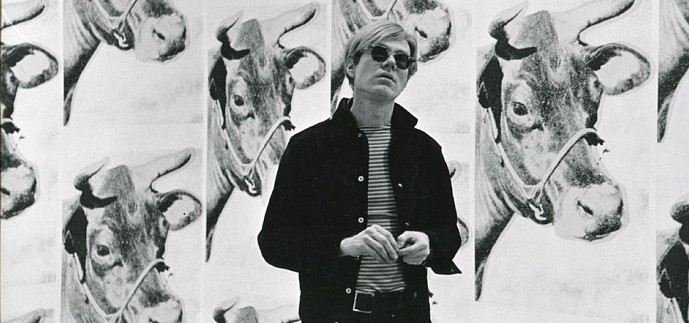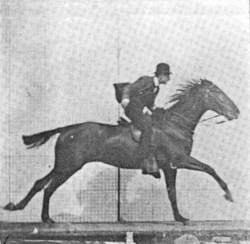 Earlier this week I published a post about China’s ambitious animal-cloning plans, and here’s a little more on the topic courtesy of a Financial Times piece by Charles Clover and Clive Cookson. Designer micropig pets, lab-based Kobe beef and Crispr-altered critters are just the beginning, as human cells have already been experimented with (unsuccessfully for now). China feels it’s being unfairly targeted for ethical concerns when fellow nations, including the U.S., have already used cloning in animal husbandry, that it’s just doing what others have but on a far larger scale. The question is, if China goes huge into the field, how will its competitors not?
Earlier this week I published a post about China’s ambitious animal-cloning plans, and here’s a little more on the topic courtesy of a Financial Times piece by Charles Clover and Clive Cookson. Designer micropig pets, lab-based Kobe beef and Crispr-altered critters are just the beginning, as human cells have already been experimented with (unsuccessfully for now). China feels it’s being unfairly targeted for ethical concerns when fellow nations, including the U.S., have already used cloning in animal husbandry, that it’s just doing what others have but on a far larger scale. The question is, if China goes huge into the field, how will its competitors not?
An excerpt about Boyalife CEO Xu Xiaochun:
His ambition is staggering. Starting with 100,000 cloned cattle embryos a year in “phase one”, Mr Xu envisages 1m annually at some point in the future. That would make BoyaLife by far the largest clone factory in the world.
Mr Xu says the latest techniques enable cloning to be carried out in an “assembly line format” at a rate of less than 1 minute per cell. Based on a four- hour shift and 250 working days a year, a proficient cloner would “manufacture” 60,000 cloned cow embryos a year, he says, adding that a team of 50 will be sufficient for the planned scale of the project. Mr Xu plans to have a staff of 300 and eventual total investment is estimated at $500m.
If the venture comes anywhere near achieving its goal, it will be another example of the recent surge of path-breaking, taboo-busting biotechnology research, with China introducing mass production and commercialisation of projects that are still in the experimental and clinical stages elsewhere.•

